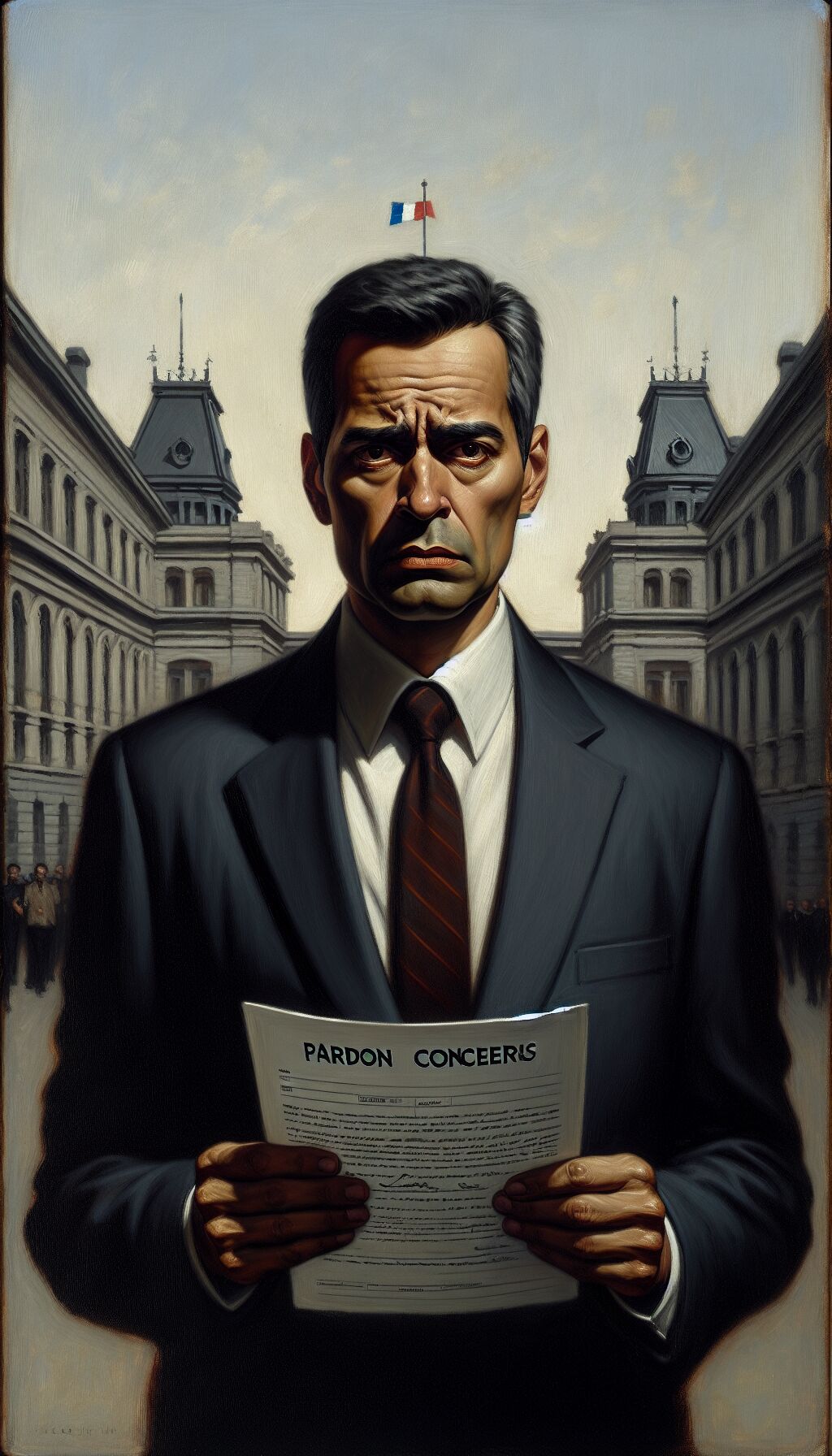Health Secretary Warns Against Preemptive Pardons
In a significant political development, Health and Human Services Secretary Xavier Becerra expressed his concerns about the potential ramifications of a preemptive presidential pardon for individuals like Dr. Anthony Fauci. This warning comes in the wake of President Joe Biden’s remarks during an interview where he stated he was still considering such pardons.
A Cautionary Stance from Becerra
Secretary Becerra, who has a robust legal background as a former California attorney general, articulated his views during an interview with The New York Times. “It sinks my heart to think that we’re going to use the pardon process in a way that will follow the whims of whoever’s in the White House,” he lamented. Becerra underscored the importance of reserving the presidential pardon power for exceptional circumstances, fearing that frequent use could render the process ‘pedestrian.’
Becerra underlined the gravity of the presidential power to pardon, emphasizing, “I think we should hold that power… in very high regard. Because otherwise it becomes pedestrian,” indicating that the significance of such a power could be diminished if not respected.
The Sensitive Context of Biden’s Comments
During the same timeframe, President Biden was concluding a series of interviews as he neared the end of his first presidential term. In one particular conversation, he hinted at the possibility of issuing preemptive pardons for those who may face political repercussions from the incoming administration, particularly concerning former President Donald Trump’s potential targets.
When pressed for clarification on whether his comments pertained specifically to Fauci—who served as Biden’s chief medical advisor during the pandemic—Becerra refrained from directly answering, stating, “I won’t try to interpret what you’re hearing; I just told you what I think.” This response reflects the sensitive nature of the political climate surrounding such discussions.
The Political Landscape and Reactions
In the background, the political landscape is fraught with tension concerning accountability for actions taken during the COVID-19 pandemic. Some members of Congress and Trump’s closest advisers, including Elon Musk, have called for Fauci to be prosecuted over his management of the pandemic response. In past statements, Trump’s indicated nominees for significant government positions, including the attorney general, have voiced intentions to scrutinize individuals they believe unfairly targeted Trump.
Robert F. Kennedy Jr., Trump’s nominee for the HHS secretary position, previously stated during his presidential campaign that he would seek to prosecute Fauci if elected, further intensifying the discussion around Fauci’s credibility and actions.
Democratic Divisions on Preemptive Pardons
Within the Democratic party, opinions are sharply divided about the use of preemptive pardons. Some Democrats contend that Biden should act decisively to protect public officials potentially targeted by Trump’s administration. Rep. Brendan Boyle of Pennsylvania urged Biden to issue blanket pardons, asserting that the time for “cautious restraint is over.” He posited that failing to act with urgency could allow an authoritarian figure like Trump to consolidate power and retaliate against political opponents.
“If we’re serious about stopping Trump’s authoritarian ambitions, we need to act decisively and use every tool at our disposal,” Rep. Boyle stated. This sentiment reflects a growing urgency among a faction of Democrats to safeguard their party members amidst fears of political retaliation.
Legal Precedents and Implications
Legal experts have weighed in on the subject, pointing out that Biden possesses the authority to issue preemptive pardons. They cite historical precedents, notably former President Gerald Ford’s blanket pardon of Richard Nixon for any crimes committed while in office, regardless of Nixon not facing any charges at the time.
This legal precedent offers a framework within which Biden could exercise his pardon powers, but the political implications and potential fallout from such a decision are fraught with uncertainty.
Conclusion
As the political landscape shifts, the discussion surrounding the use of presidential pardons remains a contentious issue. Secretary Becerra’s reservations about the ongoing political maneuvering highlight the gravity of the presidential pardon power and its implications for democracy in the United States. The lingering questions regarding Dr. Fauci’s future and the broader political ramifications of potential pardons encapsulate a moment of significant uncertainty as the Biden administration approaches its conclusion.
Fox News Digital has reached out to the Department of Health and Human Services for comments but did not receive a response by the time of publication.
